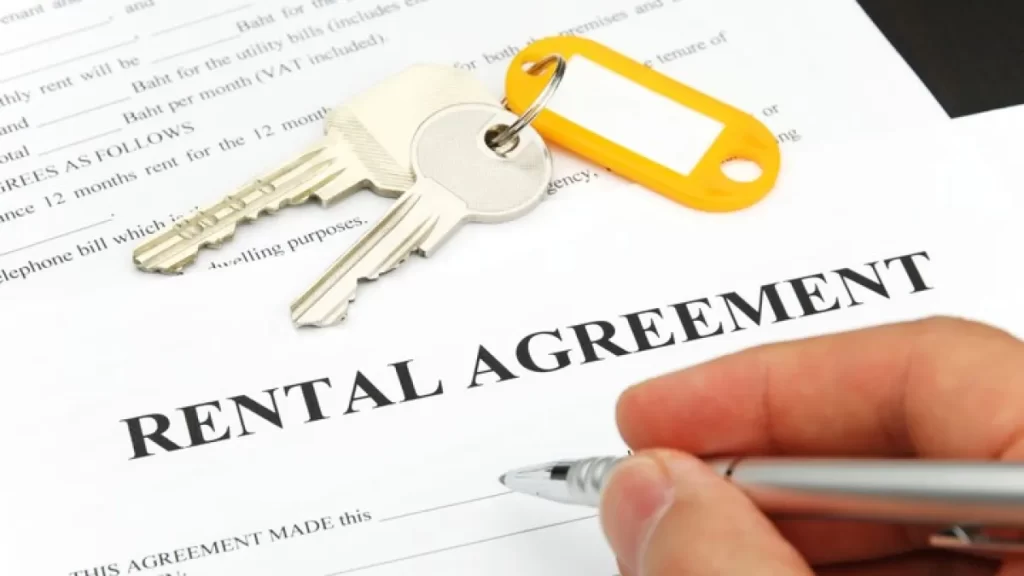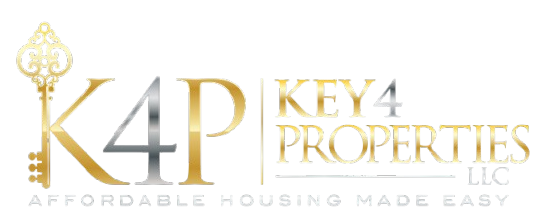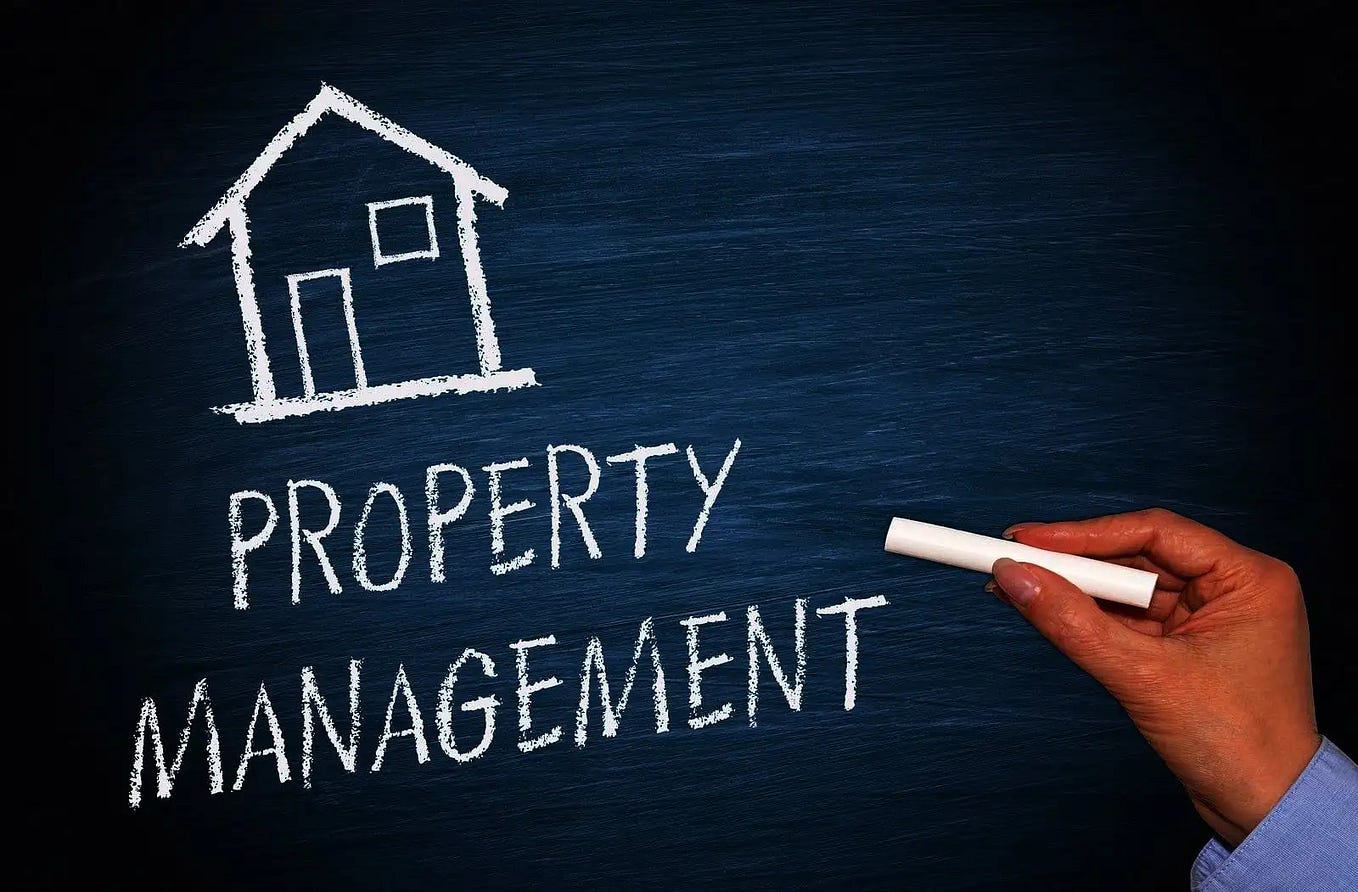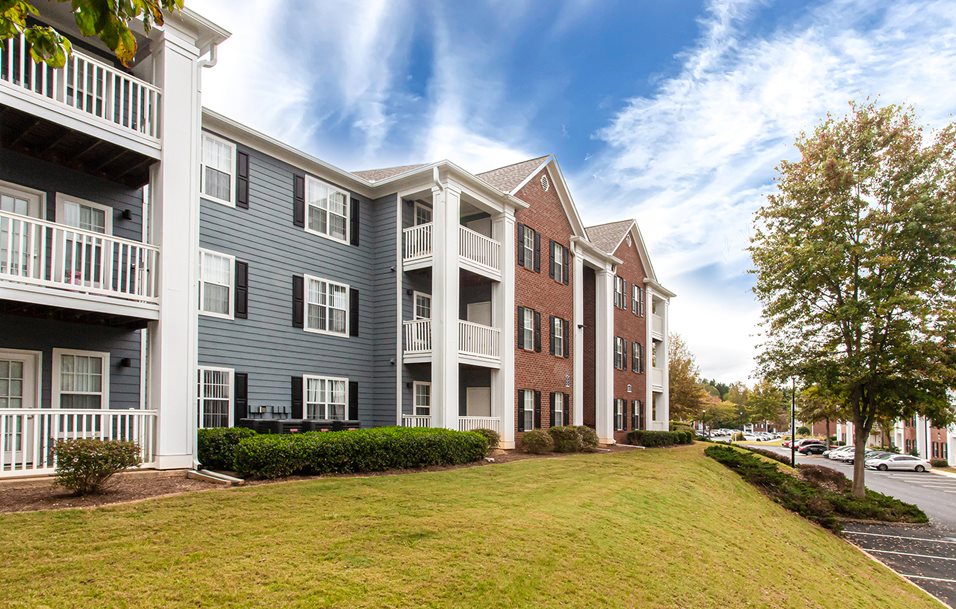When you hire someone to manage your rental property, you need a clear agreement in place. This agreement is called a property management agreement. It explains the job, the costs, and what happens if something goes wrong.
In this blog, you’ll learn what’s inside a typical property management agreement and why each part matters.

What Is a Property Management Agreement?
A property management agreement is a contract between you (the property owner) and the property manager or company. It sets the rules for how your rental will be managed. This helps make sure both sides know what to expect.
Why This Property Management Agreement
Advanced Property Management Agreement protects both you and the manager. It explains who handles what and how problems will be solved. It also helps avoid confusion about money, repairs, or tenant issues.
Services the Manager Will Provide
One of the most important parts of the Property Management Agreement is the section about services. This section explains what the property manager will do for your rental. Common tasks include collecting rent, handling maintenance, talking to tenants, and finding new renters. Make sure everything you expect is listed clearly in this part of the agreement.
How the Manager Will Get Paid

Another key part of the agreement is the section about fees. Most property managers charge a monthly fee. This can be a flat amount or a percentage of the rent collected. The agreement should also explain any other costs, such as fees for finding new tenants or handling repairs. It’s important to know how and when these payments will happen.
How Long the Agreement Lasts
Every agreement has a start date and an end date. Many property management contracts last for one year. Some might renew automatically unless you give notice. This section also explains how to cancel the agreement early, and if there are any fees for ending it before the term is up.
Duties of the Owner and the Manager
The agreement should clearly explain what both sides are responsible for.
As the property owner focus property management, you may be in charge of providing insurance, approving large repairs, or keeping money in an emergency fund. The manager is usually responsible for daily tasks, like dealing with tenants, making repairs, and keeping records.
Everything should be written out so both sides know what to do.
Handling Repairs and Maintenance

This section explains how repairs will be done. The agreement should say if the manager needs to get your approval for certain repairs and how much they can spend without asking. It may also include how often they will inspect the property to look for damage.
Knowing how repairs will be handled can help avoid surprise bills.
Rent Collection and Tenant Issues
The agreement should explain how rent will be collected and what happens if a tenant pays late. It should also include how the manager will handle problems with tenants, like noise complaints or damage, and what steps they’ll take if someone needs to be evicted.
This part helps make sure rent collection and tenant problems are managed properly.
Insurance and Legal Protection

This section talks about legal and safety matters. It may include who is responsible if someone gets hurt on the property, what kind of insurance is required, and how legal issues will be handled. It’s important to read this part carefully so you know what you’re protected against.
Ending the Agreement
Every contract should have a clear plan for how to end it. This section explains how much notice you or the manager must give, and if there are any cancellation fees. It should also explain what happens to tenant records, rent payments, and keys if the contract ends.
Knowing how to exit the agreement is just as important as knowing how to start it.
Tips Before You Sign

Before signing any agreement, take your time to read it fully. If something is unclear, ask questions. It’s also smart to compare different property management companies and see which one offers the best fit for your needs. Always get any changes in writing so there’s a clear record.
Conclusion
A property management agreement is an important tool that keeps your rental running smoothly. It explains what the manager will do, how they’ll be paid, and what happens if things go wrong. By understanding the key parts of this agreement, you can make better choices and protect your property. Take the time to read the contract, ask questions, and choose a management service that you trust. With the right agreement in place, you’ll have more peace of mind and a better rental experience always select property management.









